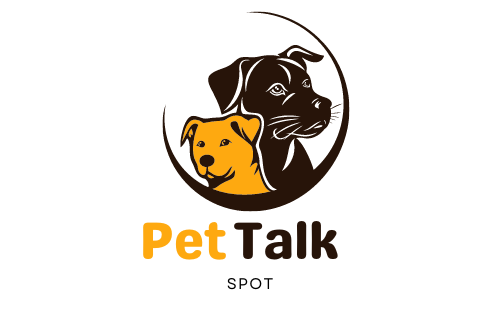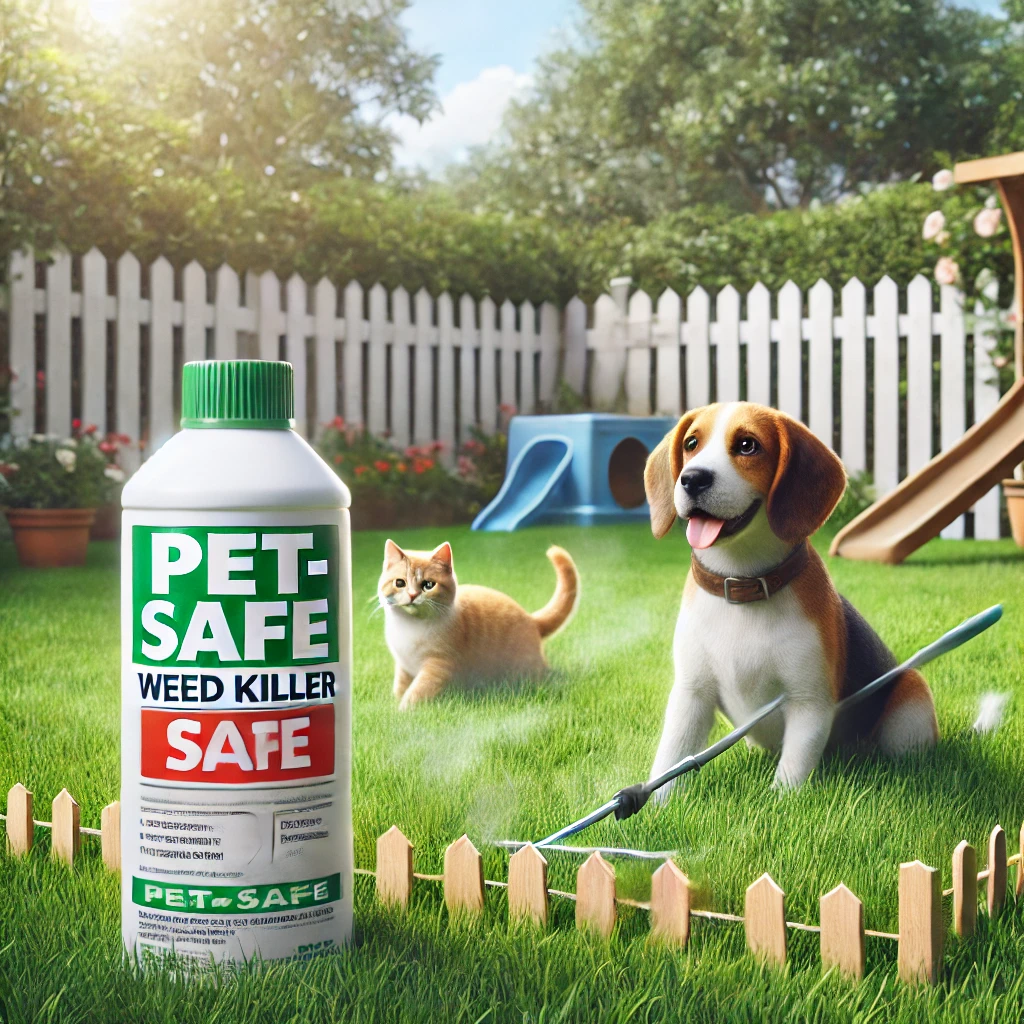Keeping your lawn lush and free of weeds is essential for curb appeal and garden health, but if you have pets, ensuring that your chosen weed killer is safe is crucial. Pets are curious by nature and often interact with the grass and soil, making it vital to use products that won’t harm them. In this guide, we will explore the best ways to keep your garden weed-free while ensuring the safety of your pets.
What Is Weed Killer Pet Safety?
Weed killer pet safety refers to using herbicides or alternative methods to control weeds in a way that prevents harm to animals. Pets, especially dogs and cats, can accidentally ingest chemicals or come into contact with treated areas, which can lead to health risks. Therefore, choosing safe options and applying them correctly is key to balancing garden maintenance and pet care.
Why Is Weed Killer Pet Safety Important?
Pet safety should always be a priority when considering garden care products. Many conventional weed killers contain harsh chemicals that may cause toxicity if ingested or even inhaled by pets. Symptoms such as vomiting, diarrhea, lethargy, and in severe cases, even organ failure, can result from exposure to harmful chemicals. Understanding the importance of weed killer pet safety can prevent these health risks and allow you to maintain a healthy yard without sacrificing your pets’ well-being.
Choosing Pet-Safe Weed Killers
1. Organic Weed Killers: A Natural Alternative
One of the most effective ways to ensure weed killer pet safety is by opting for organic weed control methods. Organic weed killers, such as those made from vinegar, citrus oils, or other plant-based ingredients, are non-toxic to pets while still effectively controlling weeds. These solutions work best for small infestations and can be applied directly to unwanted plants without posing a risk to your furry friends.
2. Glyphosate-Free Herbicides: A Safer Chemical Choice
Many commercial weed killers contain glyphosate, a chemical linked to various health risks. While glyphosate is effective against weeds, it can be dangerous for pets if ingested or absorbed through the skin. Choosing glyphosate-free options, which are designed to be less toxic while still effective, can be a better choice for maintaining weed killer pet safety.
3. Using Corn Gluten Meal: A Pre-Emergent Solution
For those looking to prevent weeds before they appear, corn gluten meal can be an excellent pet-safe option. Corn gluten meal is a natural pre-emergent herbicide that prevents weed seeds from germinating. Because it’s entirely safe for animals, you can apply it to your lawn without worrying about your pets’ exposure to harmful substances.
Applying Weed Killers Safely Around Pets
While choosing pet-safe products is essential, how you apply these products can also impact their safety. Follow these best practices to ensure your pets remain safe during and after weed killer application:
1. Follow Product Instructions Carefully
Even with pet-safe products, following the manufacturer’s instructions is critical to ensuring their effectiveness and minimizing risk. Always adhere to recommended application amounts and ensure the weed killer is applied only to targeted areas.
2. Keep Pets Indoors During Application
When applying any weed killer, even organic or glyphosate-free options, it’s best to keep your pets indoors until the treated areas are completely dry. This prevents them from walking on or licking wet chemicals, which could still pose a threat.
3. Mark Treated Areas
After applying weed killers, mark treated areas so you can monitor your pets and ensure they do not enter these zones before it’s safe. Signs, barriers, or fencing can help keep them away until the product has dried and is no longer hazardous.
4. Wash Pet Paws After Outdoor Time
If your pets tend to wander across your lawn frequently, it’s a good idea to wash their paws when they come inside, especially if you have recently applied any weed treatments. This practice can help eliminate any residual chemicals they may have encountered.
Choosing a weed killer that ensures pet safety is essential for pet owners who want to maintain a healthy, hazard-free environment. At the Dakin Pet Health Center, pet safety is a top priority, with staff members often educating owners on safe products and practices for their homes and yards. Understanding the importance of keeping toxic chemicals away from pets, the center encourages the use of pet-safe weed killers to prevent accidental poisoning or exposure. By combining pet health services with valuable safety advice, Dakin Pet Health Center supports a holistic approach to pet wellness both inside and outside the home.
Alternatives to Chemical Weed Killers
1. Manual Weed Removal
If you prefer to avoid chemicals altogether, manual weed removal can be a pet-friendly way to keep your garden weed-free. Hand-pulling weeds is an effective, safe method, especially when the weed growth is minimal. While it can be more labor-intensive, the peace of mind knowing your pets are safe is often worth the effort.
2. Mulching and Ground Covers
Using mulch or ground cover plants can help prevent weed growth naturally without the need for chemical herbicides. Mulch creates a barrier that blocks sunlight, preventing weeds from growing, while ground cover plants outcompete weeds for nutrients. Both of these options are entirely safe for pets and help to maintain a healthy, weed-free garden.
Conclusion
Weed killer pet safety is an essential aspect of maintaining a healthy and beautiful garden without compromising the health of your pets. By choosing safe products, applying them responsibly, and considering alternative weed control methods, you can keep your outdoor space free of weeds while ensuring your furry friends remain safe and healthy. Always prioritize your pet’s safety when maintaining your garden, and they’ll thank you with happy, healthy playtime in the great outdoors.



